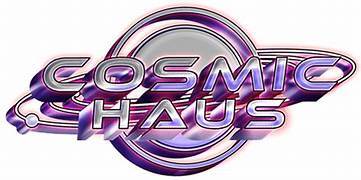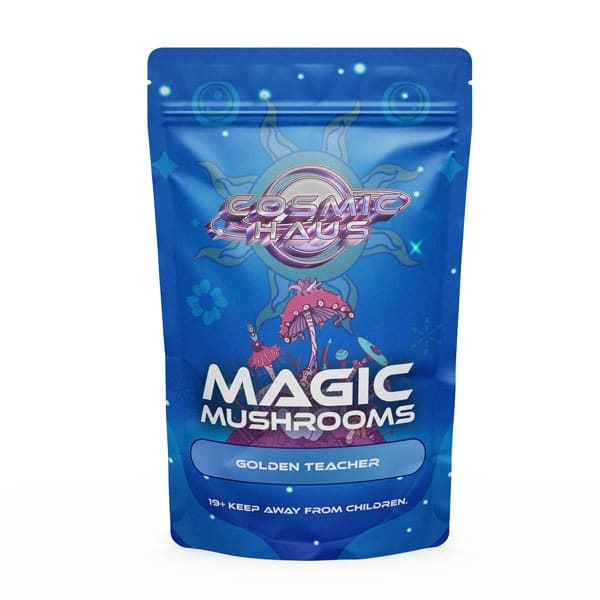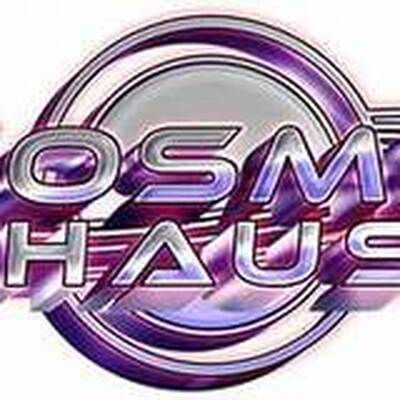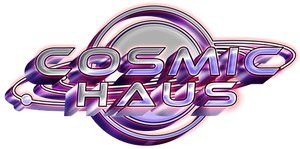The Mysteries of Magic Mushrooms: A Journey into Psychedelic Healing
منشور من طرف cosmic haus
الجسم
Magic mushrooms, with their enigmatic allure and Magic Mushrooms profound effects on consciousness, have captured the imagination of humanity for centuries. These fungi, containing the psychoactive compound psilocybin, have been revered as sacred allies in indigenous cultures and are now gaining recognition in modern science for their therapeutic potential. As research into psychedelic medicine continues to advance, magic mushrooms are emerging as a promising tool for mental health treatment and personal growth.
Historically, magic mushrooms have been used in shamanic rituals and spiritual ceremonies by indigenous peoples across the globe. From the ancient Aztecs in Mesoamerica to the tribes of the Amazon rainforest, these fungi have been revered as mediators between the human and spirit realms, facilitating healing, divination, and communion with the natural world. The wisdom of these indigenous traditions is now being rediscovered and integrated into contemporary therapeutic practices.
In recent decades, scientific interest in magic mushrooms has surged, leading to a renaissance in psychedelic research. Clinical studies have demonstrated the therapeutic potential of psilocybin, the active ingredient in magic mushrooms, in treating a range of mental health disorders, including depression, anxiety, PTSD, and addiction. Unlike conventional psychiatric medications that merely suppress symptoms, psilocybin therapy aims to address the underlying causes of mental illness by inducing profound shifts in consciousness.
One of the most groundbreaking applications of magic mushrooms is in the treatment of depression. Traditional antidepressants often provide only partial relief and can have debilitating side effects. In contrast, psilocybin-assisted therapy has shown remarkable efficacy in alleviating treatment-resistant depression. A single guided session with psilocybin can lead to enduring improvements in mood, outlook, and quality of life. Patients report a sense of connectedness, emotional openness, and newfound clarity that can catalyze profound healing and transformation.


Similarly, magic mushrooms hold promise in the treatment of anxiety disorders, including generalized anxiety, social anxiety, and existential distress. Psilocybin therapy provides a unique opportunity for individuals to confront and transcend their fears in a safe and supportive setting. Under the guidance of trained therapists, patients can explore the root causes of their anxiety, release pent-up emotions, and cultivate a sense of inner peace and resilience. The therapeutic benefits of a single psychedelic experience can be transformative, offering relief where conventional treatments have fallen short.
In addition to their therapeutic potential, magic mushrooms have profound implications for personal growth and spiritual development. Psychedelic experiences often evoke mystical states of consciousness characterized by a sense of unity, transcendence, and awe. These mystical experiences have been linked to profound psychological insights, enhanced well-being, and lasting changes in personality and behavior. By dissolving ego boundaries and expanding awareness, magic mushrooms can open the door to profound self-discovery and spiritual awakening.


Microdosing, the practice of taking sub-perceptual doses of psychedelics, has gained popularity as a way to reap the benefits of magic mushrooms without the intensity of a full-blown trip. Many individuals report increased energy, focus, creativity, and emotional stability with regular microdosing. While the scientific evidence for microdosing is still emerging, anecdotal reports suggest that it holds promise as a tool for cognitive enhancement, mood regulation, and overall well-being.
Despite their therapeutic potential, magic mushrooms face legal and regulatory challenges that hinder their widespread adoption. Psilocybin remains classified as a Schedule I controlled substance in many countries, severely restricting research and clinical access. However, there is a growing movement to decriminalize or legalize psilocybin, fueled by mounting evidence of its safety and efficacy in therapeutic contexts. Several cities and states have already taken steps to reform drug laws and expand access to psychedelic therapy.
In conclusion, magic mushrooms represent a paradigm shift in the treatment of mental illness and the cosmichaus exploration of consciousness. From their ancient roots in indigenous healing traditions to their modern resurgence in psychedelic science, these fungi offer a profound gateway to healing, transformation, and spiritual growth. As society continues to grapple with the mental health crisis and the limitations of conventional treatments, magic mushrooms offer a beacon of hope for a more holistic and compassionate approach to healing the mind, body, and soul.













تعليقات